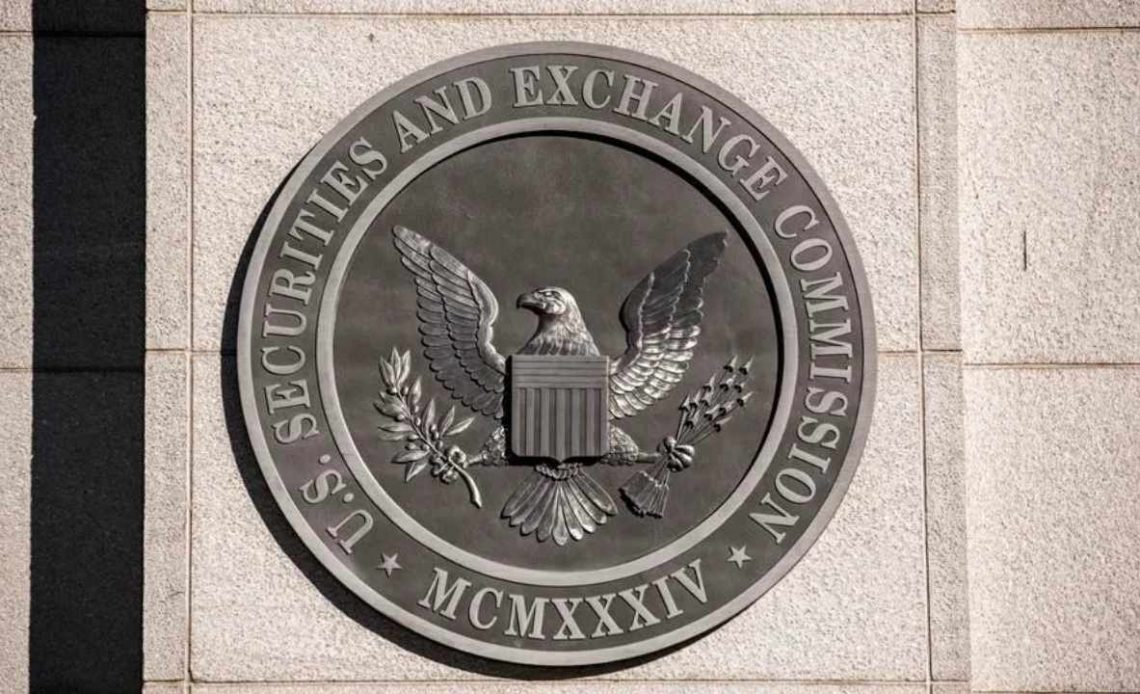
Seven U.S. states have united in a coalition to challenge the U.S. Securities and Exchange Commission’s (SEC) regulation of cryptocurrency. The states filed an amicus brief arguing that the SEC’s “power grab” would stifle innovation, harm the crypto industry, and exceed its authority.
Seven-State Coalition Opposes SEC’s Cryptocurrency Regulation
The Office of the Attorney General of Iowa announced earlier this month that Iowa Attorney General Brenna Bird led a seven-state coalition in filing an amicus brief opposing the U.S. Securities and Exchange Commission’s (SEC) attempt to regulate cryptocurrencies. The amicus brief, supported by Arkansas, Indiana, Kansas, Montana, Nebraska, and Oklahoma, was filed on July 10 to challenge the SEC’s overreach.
“SEC’s power grab may stop states from protecting their citizens from scams, and it hurts the free market,” the announcement details, adding:
SEC’s policing of cryptocurrency will stifle innovation and devastate the cryptocurrency industry.
States like Iowa, which have been at the forefront of protecting scam victims and prosecuting scammers, view the SEC’s actions as a significant overreach.
“The Biden is trying to prevent states like Iowa from doing their job to hold robbers to the law and protect families from the dangers of cryptocurrency scams. This power grab will also hurt the free market and allow the SEC to take the regulatory reins over the cryptocurrency industry with no accountability,” the announcement continues.
Noting that the SEC’s “bypassing Congress to give itself new power is illegal, stifles innovation, and will let scammers off the hook,” the Iowa Attorney General’s Office noted, emphasizing:
The Biden SEC is attempting to abuse its power and put itself in charge of regulating cryptocurrency, bypassing state consumer-protection laws.
“Congress never gave the SEC power to regulate cryptocurrency, and there is no accountability to ensure the actions the SEC takes are legitimate and necessary,” the Iowa Attorney General’s Office stressed.
The amicus brief explains that the SEC is violating the Administrative Procedure Act and the Major Questions Doctrine by bypassing Congress. The states argue that typical cryptocurrencies are not investment contracts under the Securities Act of 1934, urging the court to prevent the SEC from exceeding its authority.
Source: Bitcoin



